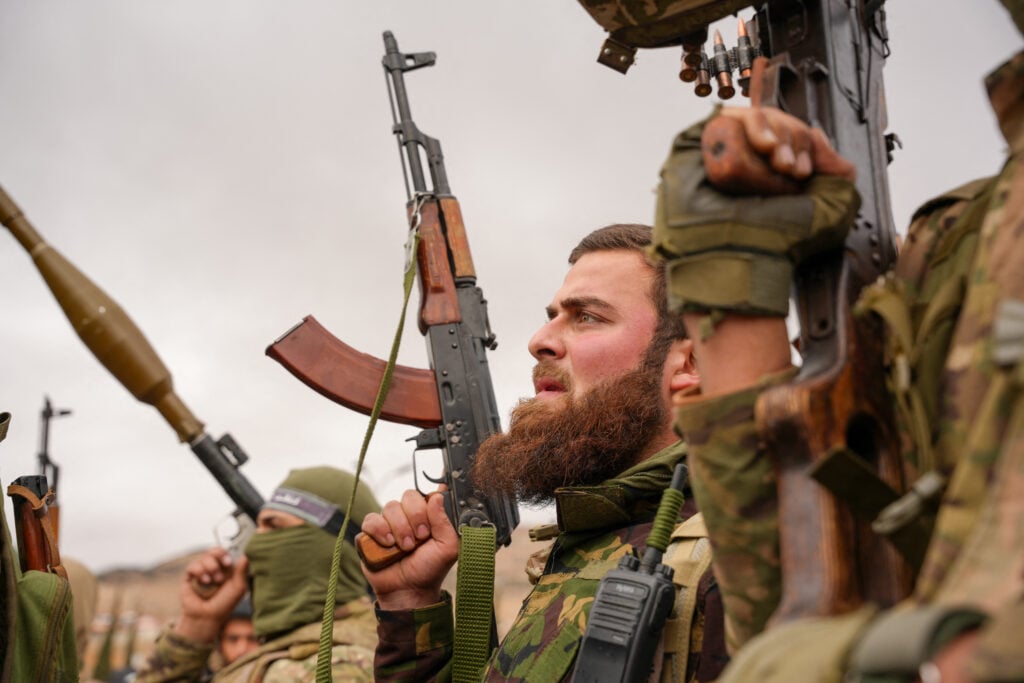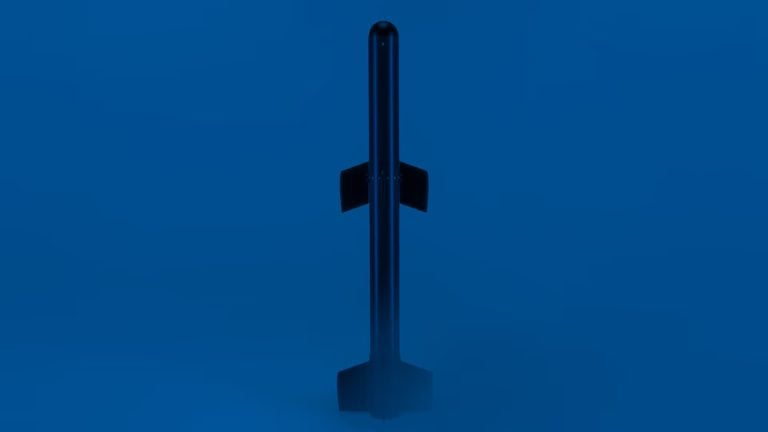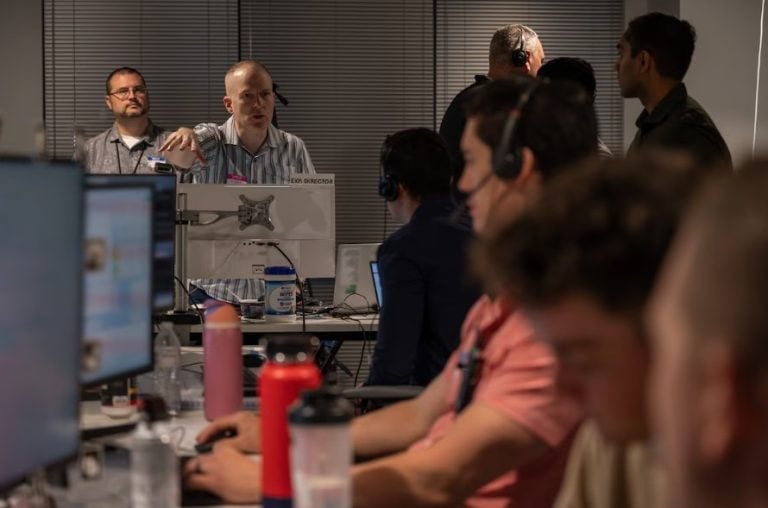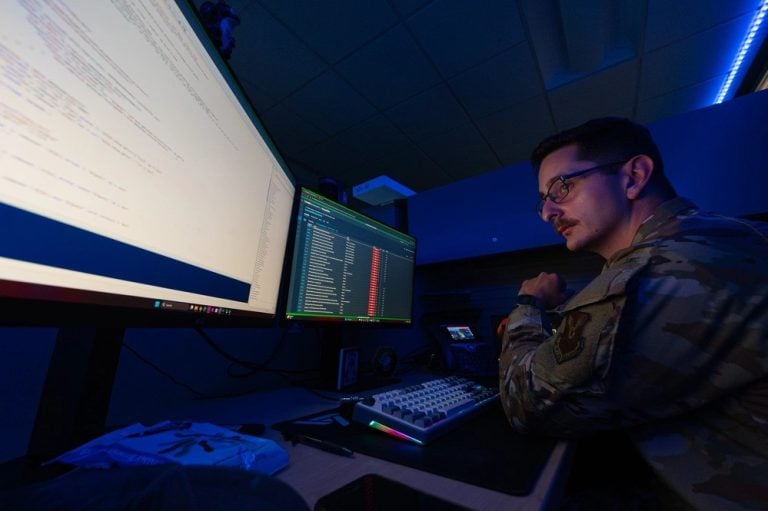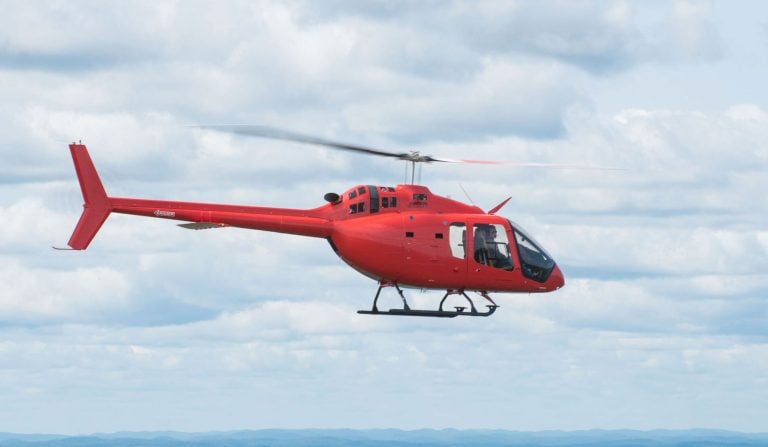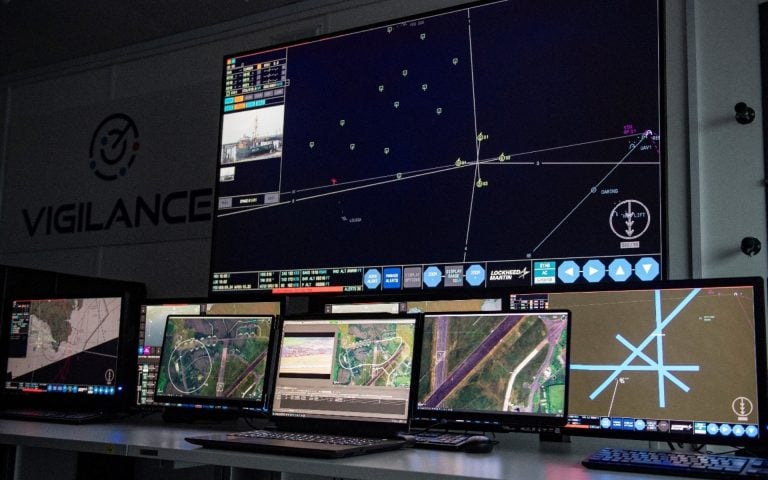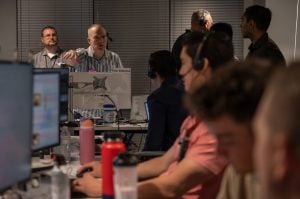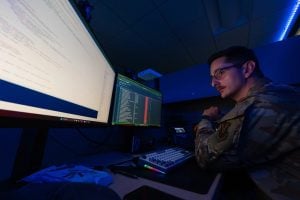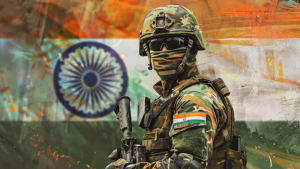Syria has intensified security measures in the southern province of Sweida following a violent outbreak that resulted in the deaths of at least 50 individuals amid clashes between Sunni Bedouin tribes and Druze fighters. This surge in sectarian strife highlights the continuing instability faced by the government of interim leader Ahmad al-Sharaa, who took power after Islamist factions overthrew former President Bashar al-Assad last December, amid a backdrop of ongoing conflict that has plagued the country for 14 years.
The confrontations, which began on Sunday and persisted into Monday, erupted when armed Bedouins abducted a Druze vegetable vendor on the main highway connecting Sweida to Damascus. This action ignited a series of retaliatory abductions by both groups, although all abductees were reportedly released by Sunday night. Casualties have been severe; the Syrian Observatory for Human Rights reported that among the 50 confirmed dead are 34 Druze, including two children, along with 10 Bedouins and six security personnel. State television has corroborated the deaths of six members within the security forces.
As a precautionary response to the violence, which continued with armed confrontations and mortar fire in various areas, the defense and interior ministries announced the deployment of military units to the region and the establishment of safe corridors to assist civilians. Minister of Interior Anas Khattab emphasized the critical need to restore state, military, and security institutions to mitigate such violent outbreaks.
Recent tensions are not isolated; they follow violent confrontations in April and May that claimed over 100 lives between Druze fighters and security forces in areas populated by the Druze near Damascus and Sweida. Historically, Bedouin tribes have supported security forces in previous conflicts. Local leaders and religious figures were able to broker peace agreements during those earlier tensions, which led to Druze fighters assuming local security responsibilities, while Bedouin groups remained active in different regions.
In light of the ongoing violence, Sweida’s governor, Mustapha al-Bakur, called for self-restraint within the community. Additionally, Druze community leaders have implored government authorities to intervene. The education ministry responded to the unrest by postponing scheduled secondary school exams for the province.
The Druze, a community numbering around 700,000 in pre-civil war Syria, predominantly reside in the Sweida province. Their belief system, which diverges from Shiite Islam, positions them as a distinct religious group mainly found within Syria, Lebanon, and Israel. The historic tensions between Bedouin and Druze factions in Sweida have periodically led to violent clashes.
The recent spike in violence, particularly against the Alawite community earlier this year, resulted in over 1,700 fatalities and has sparked fears regarding the new authorities’ capacity to safeguard minority groups. In response to these escalations, Israel has cited its responsibility to protect the Druze community, justifying military strikes within Syria, including a notable incident near the presidential palace in Damascus this past May. Israels’s Druze population, recorded at around 152,000, comprises approximately 24,000 residing in the Israeli-occupied Golan Heights, with fewer than five percent holding Israeli citizenship.
